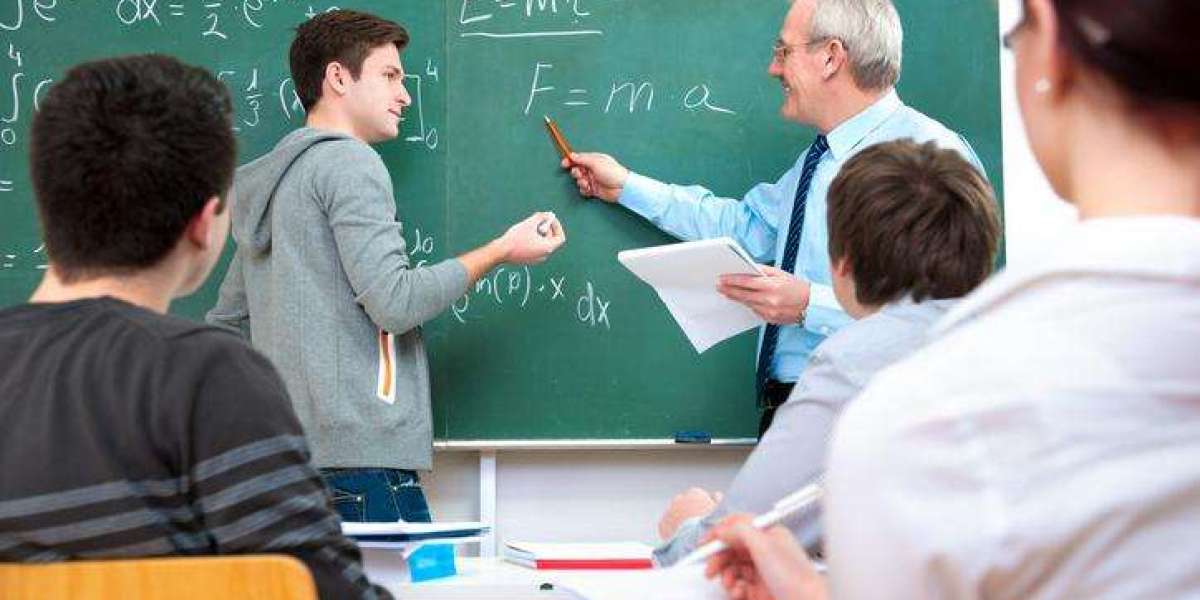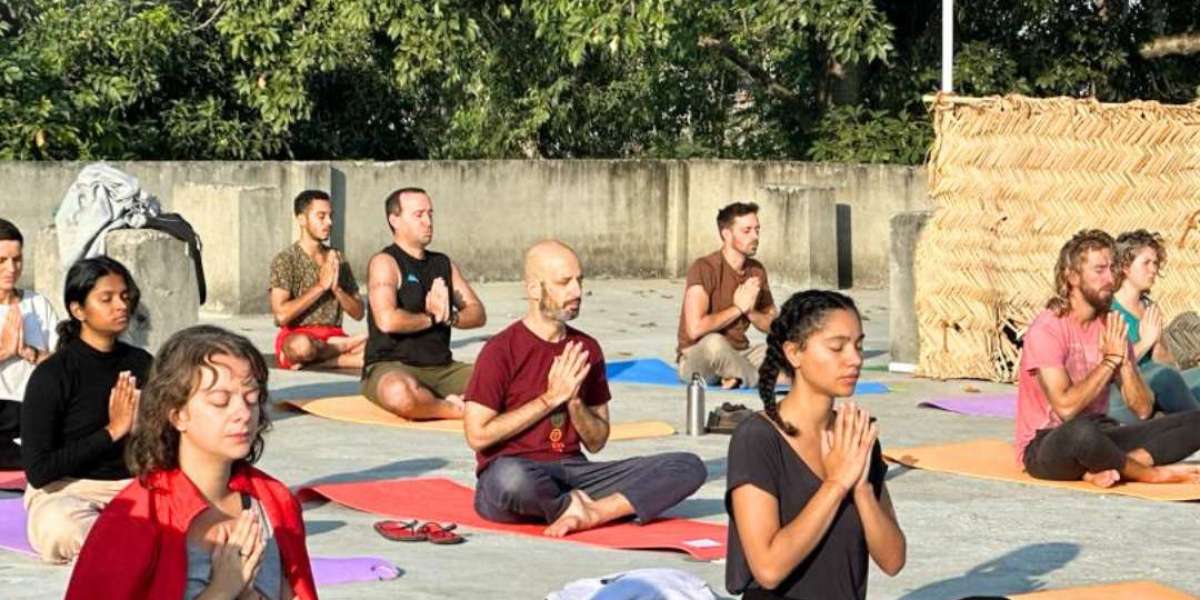Education is a process of acquiring knowledge, skills, values, and attitudes that shape individuals and societies. It is the cornerstone of personal development and societal advancement, influencing everything from economic prosperity to social equality and global peace. At its core, education aims to equip individuals with the tools needed to understand the world, solve problems, communicate effectively, and contribute to their communities.
The Importance of Education
Personal Development: Education empowers individuals by developing cognitive abilities, critical thinking, and problem-solving skills. It provides the knowledge necessary to understand complex concepts, fosters creativity, and encourages self-expression. Education also instills confidence, self-discipline, and a sense of responsibility.
Economic Growth: An educated workforce is essential for economic prosperity. Education equips individuals with the skills needed for a wide range of professions and industries, from technology and healthcare to business and the arts. Higher levels of education correlate with higher income levels, improved job opportunities, and greater productivity in the workforce.
Social Equality: Education is a key driver of social change and equity. It provides opportunities for individuals from all backgrounds to improve their lives and contribute to society. When people are educated, they are more likely to engage in civic activities, advocate for social justice, and participate in democratic processes, which strengthens communities and promotes equality.
Global Understanding and Peace: Education fosters a sense of global citizenship and understanding. It helps individuals appreciate diverse cultures, values, and perspectives, promoting tolerance and reducing prejudice. An educated population is better equipped to tackle global challenges such as poverty, conflict, and climate change, working together to create a more peaceful and sustainable world.
Types of Education
Formal Education: This type of education takes place in structured environments, such as schools, colleges, and universities, where curricula are standardized, and qualifications are awarded. Formal education typically progresses in stages, from primary education to secondary education, and then to higher education (bachelor’s, master’s, and doctoral degrees).
- Primary Education: The foundational level, often provided by elementary schools, where children learn basic subjects such as reading, writing, math, and science.
- Secondary Education: Middle and high school education, which builds upon primary education and prepares students for higher education or vocational training.
- Tertiary Education: Higher education institutions, such as universities, provide specialized academic or vocational training, with the aim of preparing students for careers or advanced studies.
Informal Education: Unlike formal education, informal education occurs outside of structured settings. It includes learning from life experiences, family, peers, media, and community involvement. Informal education is often self-directed and can occur through practical experience, hobbies, or social interactions.
Non-Formal Education: This type of education occurs outside the traditional formal education system but still follows a structured curriculum. Examples include vocational training programs, online courses, adult education, and skill-building workshops. Non-formal education aims to provide practical knowledge and skills that may not be available through traditional schooling.
Special Education: Education tailored to the needs of students with disabilities or learning challenges. Special education programs provide specialized teaching strategies and resources to help students with physical, emotional, or cognitive challenges achieve their academic potential.
Key Components of Education
Curriculum: The curriculum refers to the subjects and materials that are taught to students. It is typically designed by educational authorities and ensures that students receive a comprehensive education. A well-rounded curriculum includes subjects such as language arts, mathematics, science, social studies, physical education, and the arts.
Teachers: Educators play a critical role in the education system. They not only deliver the curriculum but also inspire, guide, and motivate students. Effective teaching requires patience, creativity, and a passion for helping students reach their full potential. Teachers also serve as mentors, providing emotional support and fostering a positive learning environment.
Assessment: Assessments are used to evaluate a student’s understanding of the material and their overall progress. These can take the form of exams, quizzes, projects, presentations, and teacher observations. Assessments help identify areas of strength and areas where students may need additional support or improvement.
Technology in Education: In today’s digital age, technology has become an integral part of education. From online learning platforms to interactive apps, technology allows for a more dynamic, personalized, and accessible education experience. It facilitates global collaboration, access to information, and remote learning, ensuring that education reaches a wider audience.
Challenges in Education
Access to Education: One of the biggest challenges facing the global education system is ensuring equal access to quality education. Many regions, especially in developing countries, struggle with limited resources, poor infrastructure, and political instability that prevent children from attending school. Efforts are being made by governments and organizations to address this gap and promote inclusive education for all.
Quality of Education: Access alone does not guarantee the quality of education. There are concerns about overcrowded classrooms, outdated curricula, and a lack of trained teachers, which can hinder the effectiveness of education. Improving the quality of education is vital for ensuring that students gain the skills and knowledge needed for their future.
Educational Inequality: Socioeconomic factors often contribute to disparities in education. Students from lower-income families may face barriers to learning, such as limited access to learning materials, poor school facilities, or the need to work to support their families. Overcoming these inequalities requires systemic changes and targeted interventions to support disadvantaged groups.
Adapting to Technological Changes: While technology has revolutionized education, there are challenges related to its integration into traditional educational systems. There is a need for teachers to be trained in digital tools, and schools must ensure that all students have access to the internet and devices. Additionally, there are concerns about the impact of technology on face-to-face interactions and critical thinking skills.
The Future of Education
The future of education is closely tied to global trends in technology, globalization, and sustainability. Some key developments include:
Online and Blended Learning: The rise of online education has opened up new possibilities for learning. Students can now access educational content from anywhere in the world, making education more flexible and accessible. Blended learning models, which combine in-person and online instruction, are becoming more popular.
Personalized Learning: Advances in data analysis and artificial intelligence allow for more personalized learning experiences. Adaptive learning technologies can tailor lessons to individual students’ needs, helping them progress at their own pace.
Global Collaboration: Education is becoming more globalized, with students from different countries collaborating on projects, sharing ideas, and learning from each other. International exchange programs and global online learning platforms are fostering cross-cultural understanding and cooperation.
Focus on Lifelong Learning: In a rapidly changing world, lifelong learning is becoming essential. People are now expected to continuously update their skills throughout their careers to keep up with technological advancements and evolving job markets. This shift is leading to the rise of adult education programs, online certifications, and micro-credentials.
Conclusion
Education is the foundation upon which individuals and societies build a better future. It is a powerful tool for personal empowerment, social development, and global progress. By fostering a love of learning, encouraging curiosity, and equipping individuals with the skills they need to navigate an increasingly complex world, education has the potential to transform lives and shape a brighter tomorrow for everyone.






